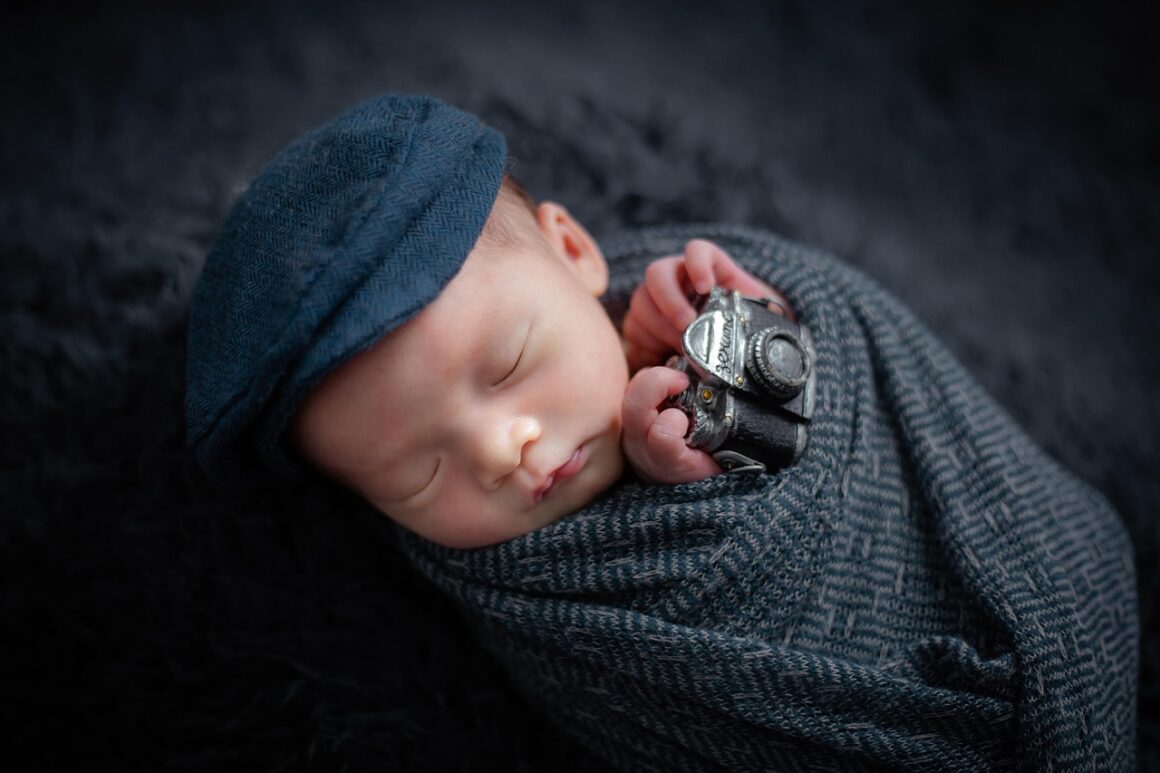I recently visited Quebec City and was struck by how distinctly French-speaking Quebec residents are, especially compared to the rest of Canada. Various political parties, such as the Parti Québécois (PQ), have pushed for Quebec’s national sovereignty. This movement has motivated the Quebecois to preserve elements of their cultural identity, including their language, French. Stringent laws require French to be the main language in school and public life.
I was intrigued by this aspect of Quebec’s sovereignty, considering how studies indicate that most North American immigrants lose their native language within a few generations. This phenomenon deeply resonates with me as I witness it occurring in myself.
My inability to read and write Chinese is like trying to identify a face without a name, or singing a song without knowing the lyrics. Although many Chinese characters look familiar to me, without constant reinforcement, their pronunciation and meaning quickly slip from my memory. This concept also applies to my ability to speak the language; although I can understand other people perfectly fine, whenever I begin to verbalize my own thoughts, I stumble on words like a toddler learning to walk on slippery ice.
Whenever I first visited my family in Hong Kong as a young child, I felt humiliated by my lack of fluency in Cantonese. I was relegated to mustering sad attempts at Chinglish and laughing emptily at jokes I couldn’t understand. Despite being physically closer than ever, I felt distanced from the people I loved.
Out of frustration and sadness, I told myself that I would get better at Chinese. However, I was faced with many challenges. For example, there were few opportunities for me to practice Chinese. Sure, there was my mom, but she was always working. Learning languages is also a holistic process; you are not going to receive as well-rounded an understanding of the language from one person compared to hundreds of sources. We didn’t have any Chinese television channels. Even at my Chinese church, the majority of my friends spoke only English.
Another preventative factor, I’ll admit, was pure laziness on my end. It’s hard to learn a new language. Psychologists identify a critical window for language acquisition before age 6, a window that I had long past. By the time I was an adolescent, my brain could not grasp grammatical and syntactical rules as easily as I had as a toddler. The fact that I felt so stupid when I couldn’t remember the simplest of words was discouraging enough for me to give up.
However, the most striking reason behind my broken Chinese is America’s reluctance to embrace linguistic diversity. You hear it all the time from ignorant Trump voters –
“If they’re not going to speak good English, they shouldn’t come to America.”
These people give my mom dirty looks all the time for speaking her native tongue, as if we are gossiping about them. My question for them is, have they ever been expected to speak a second or third language fluently and without an accent? It would be fascinating to see how these same people would fare in a foreign, non-English speaking country.
This culture of intolerance begins at a young age, and it stems from the American education system’s lack of cultural awareness. In the vast majority of public schools here, students do not start learning a foreign language until middle school, or worse, high school. Meanwhile, other countries encourage a bilingual curriculum framework beginning in preschool. Education is then manifested in business and everyday life; from restaurant menus to billboard signs, people are constantly exposed to multiple languages. This fosters an appreciation and understanding for the importance of multiculturalism. I believe that the United States should adopt a similar multilingual curriculum in its public education system, beginning in elementary school.
Back then, I didn’t identify with my native culture as much as I do now, a mindset that I have come to sorely regret. In the process of wanting to fit in with my white classmates, I had hidden parts of my identity that I should be proud of. However, I have hope in other young immigrants and children of immigrants. To you, I say: Regardless of whether you speak it or not, be proud of your native tongue. Do not let other people and institutions erase your culture and your values.




